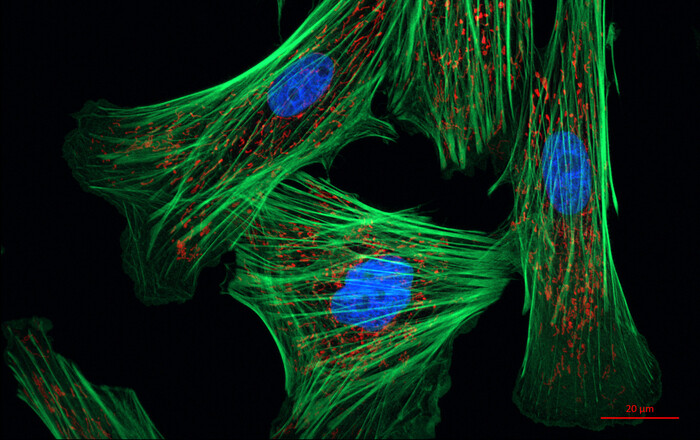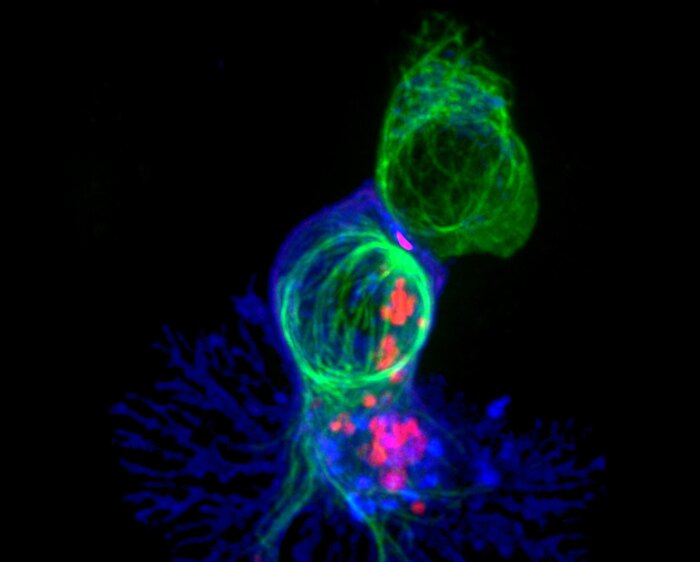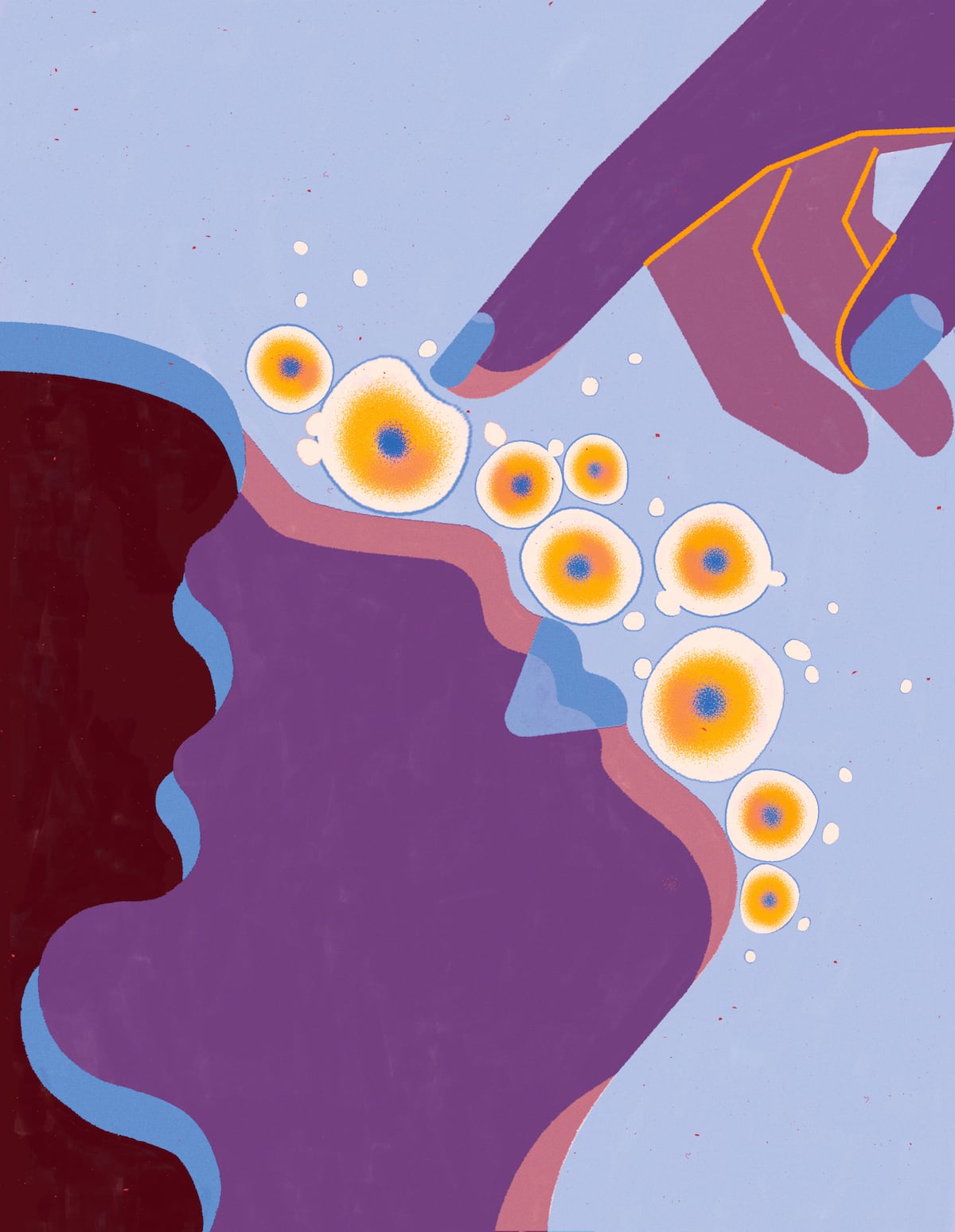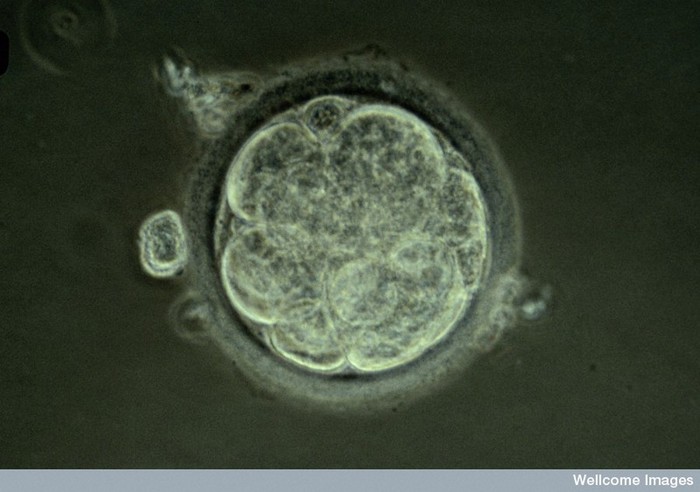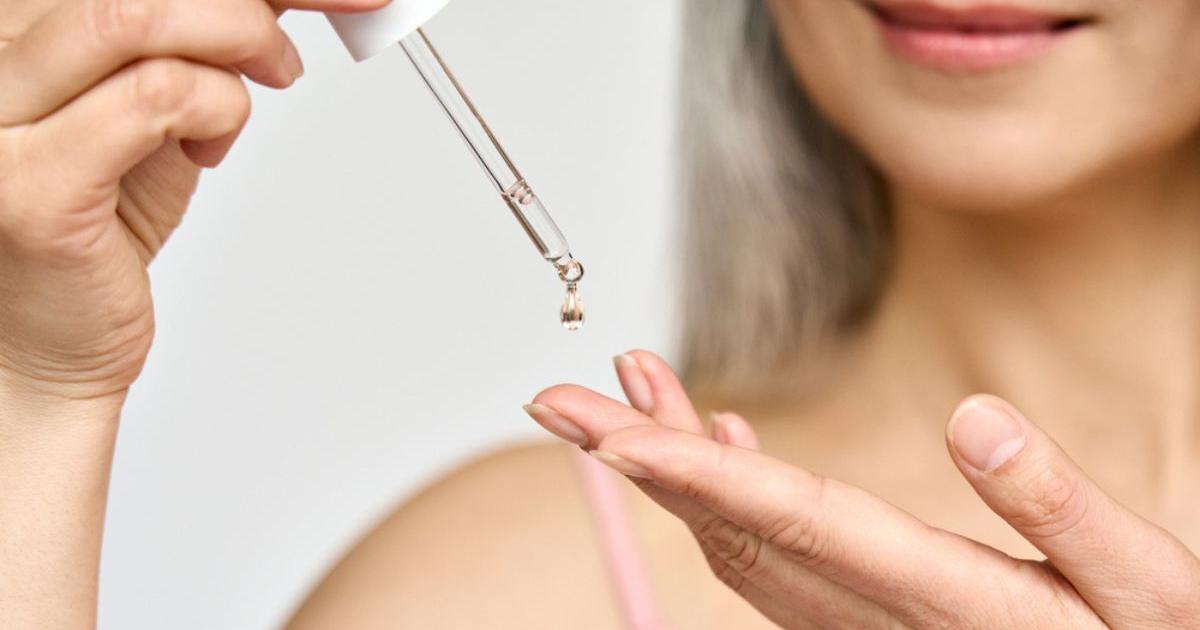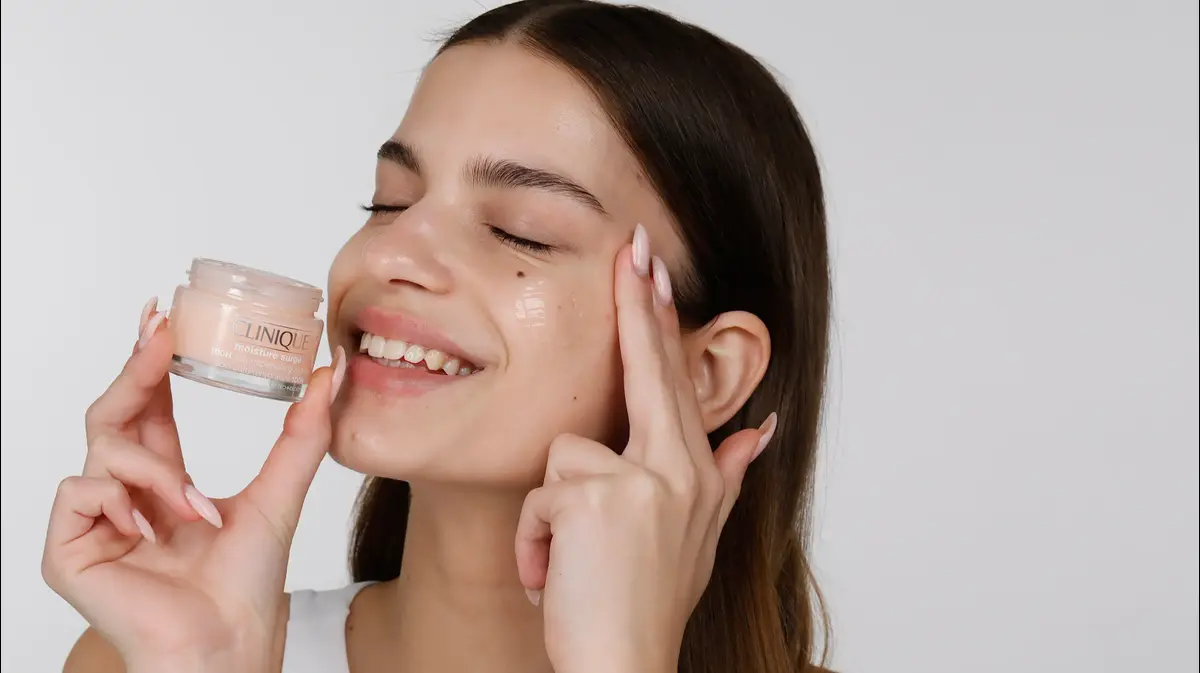You can give the biological clock a little 'little regulation', by turning the hands back just enough, to erase the signs of aging and regain the vigor of the past: this is demonstrated by an experiment conducted on human skin cells in test tubes, rejuvenated by 30 years thanks to a partial genetic reprogramming that did not make them go back to being completely 'little girls', but allowed them to preserve their identity while also restoring correct functionality.
The result, which opens up new scenarios for regenerative medicine and the fight against aging, is published in the journal eLife by researchers from the Babraham Institute in Great Britain.
To rejuvenate skin cells called 'fibroblasts', the researchers used the cell reprogramming technique developed by Nobel laureate Shinya Yamanaka to transform mature and differentiated cells into induced pluripotent stem cells.
However, the technique has been 'revisited' and corrected: the researchers used the same cocktail of rejuvenating proteins (Oct4, Sox2, Klf4 and cMyc, better known as 'Yamanaka factors'), but they administered it to the cells to only 13 days instead of the canonical 50. The cells thus partially reprogrammed have lost all signs of age and, only temporarily, also their identity.
The researchers tested them by simulating an injury.
They found that rejuvenated fibroblasts migrate to the cut faster than untreated ones - a promising signal for regenerative medicine, at least as far as wound healing is concerned.
"A few days ago similar experiments, but conducted in vivo on mice, had shown that this partial reprogramming technique does not produce genetic instability and tumors as it happens with total reprogramming - comments Giuseppe Novelli, geneticist of the University of Rome Tor Vergata - but Aging clocks remained blocked for many organs such as liver, kidneys, muscles, spleen and lungs. The skin, on the other hand, had the best response to rejuvenation. In fact, it was observed an enhanced ability of mice to heal skin wounds without leave scars. The British data confirm these findings and certainly open a new path at least for the skin. Cooling cells in aging humans, on the other hand, will be much more complicated, given the dangers of serious side effects.However - concludes the expert - in the future we could think of exploiting cell rejuvenation to develop new treatments with which to slow down or reverse diseases that appear with age, such as osteoporosis, diabetes and dementia ".

